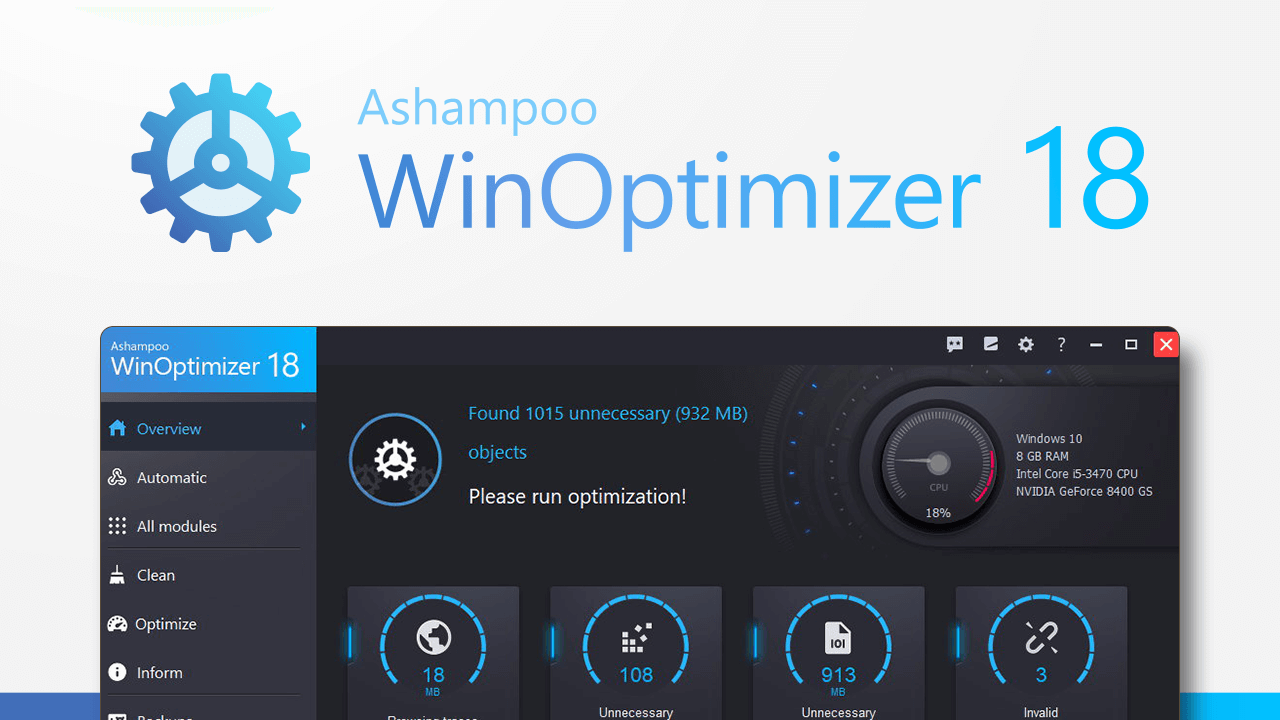What about the new Ashampoo WinOptimzer 18 that says new defrag engine will do this:
Other notable improvements include the new defrag tool which not only defrags disks but actively works to optimize any free space and maximize system performance. Ashampoo now claim this defrag tool will also address issues with TRIM and in turn simultaneously work to maximise the available space on any SSD drives as a result
21st century defrag tool
WinOptimizer 18 marks the end of the old Defrag module and the beginning of a new era! No more system slowdowns, thanks to smart background processing! The new Defrag builds on the already available Windows algorithm and takes it to the max! Merge free space to shorten access times, automate drive analysis and defragmentation and have the process run in the background at low priority for uninterrupted use of your PC. The new Defrag is SSD-ready: Retrim makes sure your drive is used to its full capacity while ensuring high performance and long life!
System optimization that takes your PC to the next level
www.ashampoo.com


